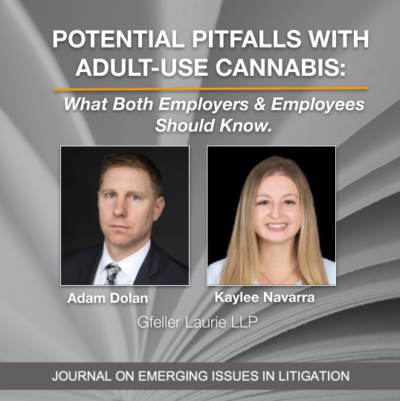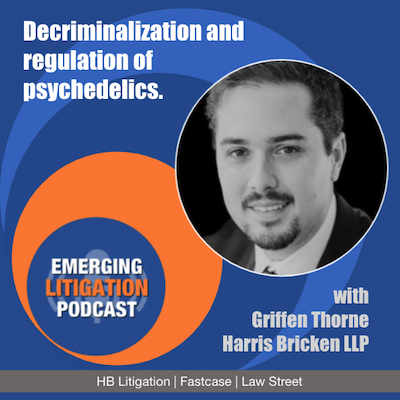Cannabis Laws & Workplace Drug Testing: What Employers & Employees MUST Know in 2026
As cannabis laws continue to evolve nationwide, employers and employees are facing new questions about drug testing, workplace safety, and legal compliance. In this episode, labor and employment attorney Keya Denner of Constangy, Brooks, Smith & Prophete explains how changing cannabis policies intersect with the ADA, privacy rights, and fitness-for-duty requirements. The discussion covers documentation best practices, reasonable accommodation, and how legal drug use affects workplace policies. Essential listening for HR professionals, business leaders, and anyone navigating substance use, safety obligations, and employment law in a rapidly shifting legal landscape.








